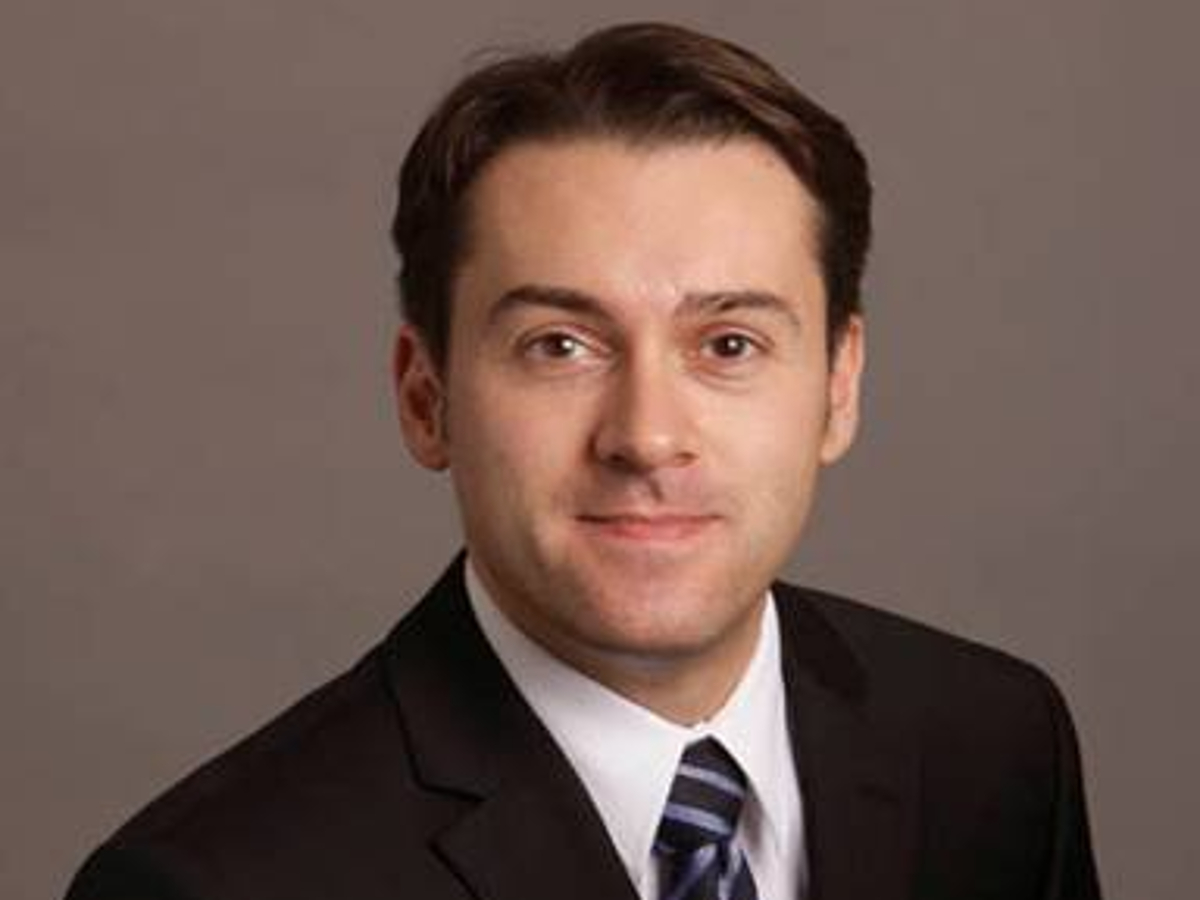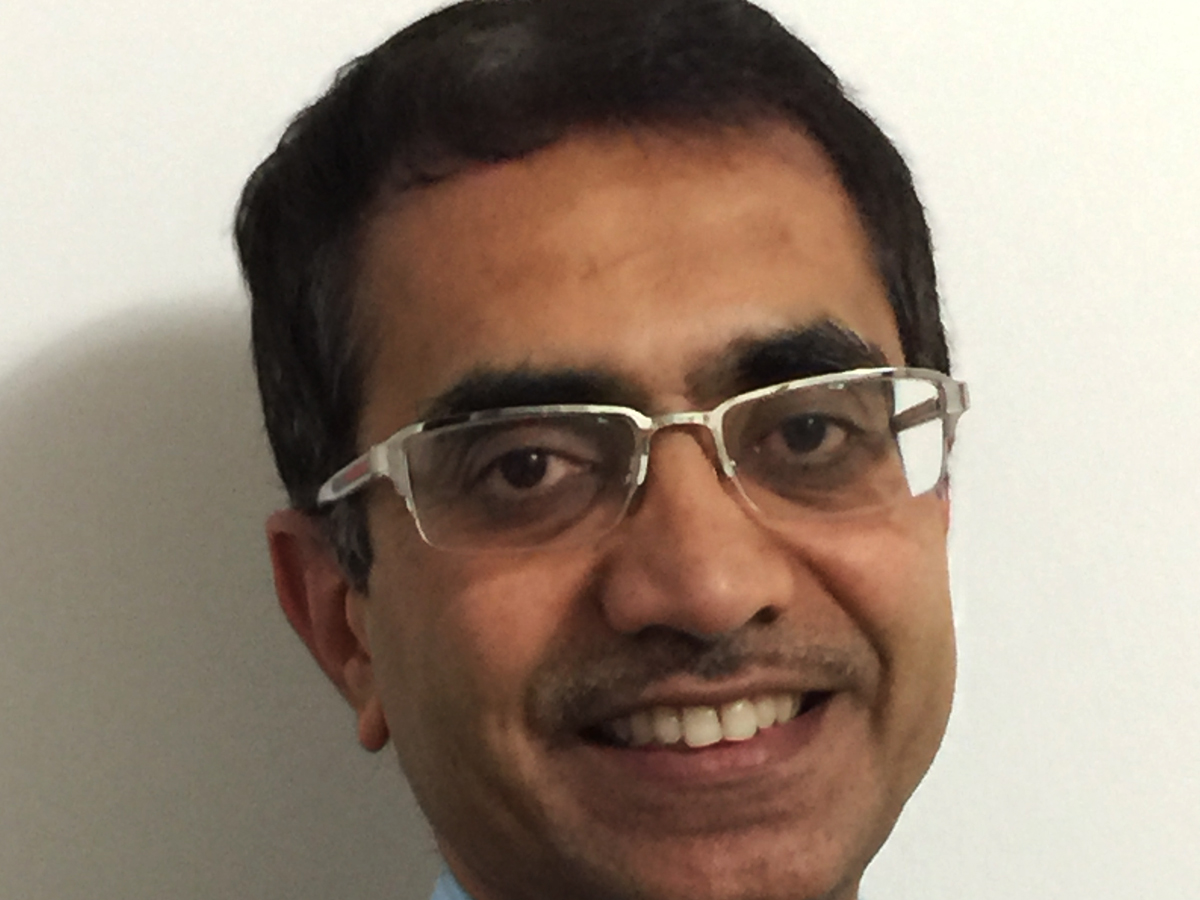Professional Master’s Diploma in Energy and Innovation
What makes this program perfect for you…
This part-time diploma program equips participants with the knowledge and skills required to function competently as operators, officers, administrators, managers, technicians, analysts, policy advisors and more in the Canadian energy sector.
Degree
PMDip
Program
Energy and Innovation
Fee range
Domestic: $6,616 and up
Options
Flexible, part-time
Hands-on learning at Canada’s 1st university-based smart grid lab
Students in this program learn within the Centre for Urban Energy’s state-of-the-art Schneider Electric Smart Grid Laboratory.
Graduate-level designation
Graduates receive a university-developed, career-oriented, industry-recognized and graduate-level designation.
Achieve your company & career objectives
Taught by experienced industry instructors, meet your company’s HR training objectives by completing this innovative, career-oriented, and future-focused program.

Explore your journey
Grade requirements:
|
Application requirements:
|

"I have an undergrad from University of Toronto in environmental management and I wanted to upgrade my skills. I wouldn’t have gotten the job I have now had I not taken this diploma program. What I learned is directly applicable to what I do at the City now, like how to reduce the carbon footprint of many of the buildings downtown."
This program requires the successful completion of four core 12-week courses covering vital aspects of the modern energy sector and the submission of a final diploma project:
- Smart Grids – Electricity, Petroleum and Infrastructure (EE8901)
This course introduces the concept or promise of smart grids. - Demand Management and Conservation (EE8902)
This course covers the various methods for peak demand reduction and conserving energy.
- Energy Storage and Use (EE8903)
This course surveys and describes new and promising technologies for energy storage, a vital technology in the quest to build a low-carbon energy sector.
- Electricity Markets (EE8904)
The energy business is driven by economics and this course discusses various forms of electric energy and their economic characteristics.
- Final Diploma Project (EE8905)
The project will focus on comprehension of new technologies and energy innovation in the context of economics, enabling diploma students to make informed decisions in their workplace.

Edward Arlitt
Senior Manager, Market Intelligence, IESO

Kamran Masteri Farahani
PhD in Electrical Engineering specializing in power distribution planning and operation

Jayesh Shah
Senior Manager, Hydro One Networks Inc.
.png)
Theodore Lyberogiannis
Director, Integration, Reliability & Emergency Management, Hydro One
Location:
Following university and public health guidelines, courses are taught at the Centre for Urban Innovation, 44 Gerrard St East, Toronto.
Labs:
The program makes use of the Centre for Urban Energy’s state-of-the-art Schneider Electric Smart Grid Laboratory, Canada’s first university-based smart grid lab.
Accessibility:
Toronto Metropolitan is committed to providing an accessible learning environment. Please contact us if we need to make any accessibility accommodations to ensure your inclusion in this program.

Exciting careers and innovative research awaits in urban energy
Energy and Innovation graduates pursue or advance their career in the energy sector, taking leadership roles and driving change within public and private sector positions. Graduates have taken roles as operators, administrators, policy advisors and analysts, taking a collaborative, multidisciplinary approach to improving urban energy.
“I developed a good understanding of how the electrical system works in Canada. The cherry on top was the instructors because they were very experienced and knowledgeable in their field and extremely helpful to me during my studies. I am thankful that I took these courses as they were invaluable in obtaining my current position.”
The Centre for Urban Energy (CUE) brings together industry, government and top researchers from across Canada and around the world to undertake collaborative, multi-disciplinary research on the issues facing large cities today. CUE combines the perspectives of engineering, science, environment, business, social science, public policy, law and infrastructure management.
Research is focused on climate change, conservation, demand management, efficiency, electric vehicles, microgrids, electricity planning, net-zero buildings, policy and regulation, renewables, smart grids, storage, and transmission and distribution.

I have questions about the program
Professional Master’s Diplomas are accredited by the Ontario Ministry of Training, Colleges and Universities. They are sector-specific, narrow in scope and geared towards working professionals. These short, focused graduate-level programs equip students with a unique set of skills and knowledge for today’s real-world industry challenges while providing them with an opportunity to enhance their education while pursuing a career.
You can apply at any time. Admissions are competitively decided on a rolling basis. You can check the latest application windows on the Graduate Studies website.
No, this is not required.
This is a part-time program usually lasting one academic year. The courses are offered in sequence (as outlined below). However, once accepted to the program, you can take them in any order you wish and as your schedule allows. Of course, it is recommended that the final diploma project be completed last.
- Smart Grids – Electricity, Petroleum and Infrastructure (EE8901) is offered in the fall term, starting in September.
- Demand Management and Conservation (EE8902) and Energy Storage and Use (EE8903) are offered in the winter term, starting in January.
- Electricity Markets (EE8904) and Final Diploma Project (EE8905) are offered in the spring term, starting in May.
Yes, within the final diploma project (EE8905). PMDip graduates who are interested in developing or commercializing their innovations can apply to join the Clean Energy Zone.
Students who are interested in developing and launching their own ventures can also consider The Master of Engineering Innovation & Entrepreneurship (MEIE) program <link to program> and the collaborative incubator space for startups through the iBoost Zone (IBZ).
Yes, each course has assignments and exams.
To complete the PMDip within one year, students must take one to two courses per term. Each course has three hours of lectures per week.
No, they cannot be taken as standalone courses. They must be completed as part of the Professional Master's Diploma in Energy and Innovation or a related Toronto Metropolitan engineering program.
While an engineering background is preferred, every application is competitively evaluated on an individual basis so other factors, such as work experience, will be taken into account. The Electrical Engineering 101 series is an option for those who want to gain understanding or refresh their knowledge of electrical engineering topics before applying (please note, however, that completion of the 101 series does not guarantee admission into the PMDip).

Program Inquiries
Bala Venkatesh
Academic Director
Centre for Urban Energy at Toronto Metropolitan University
Email: bala@torontomu.ca
Phone: 416-979-5000, ext. 552974

